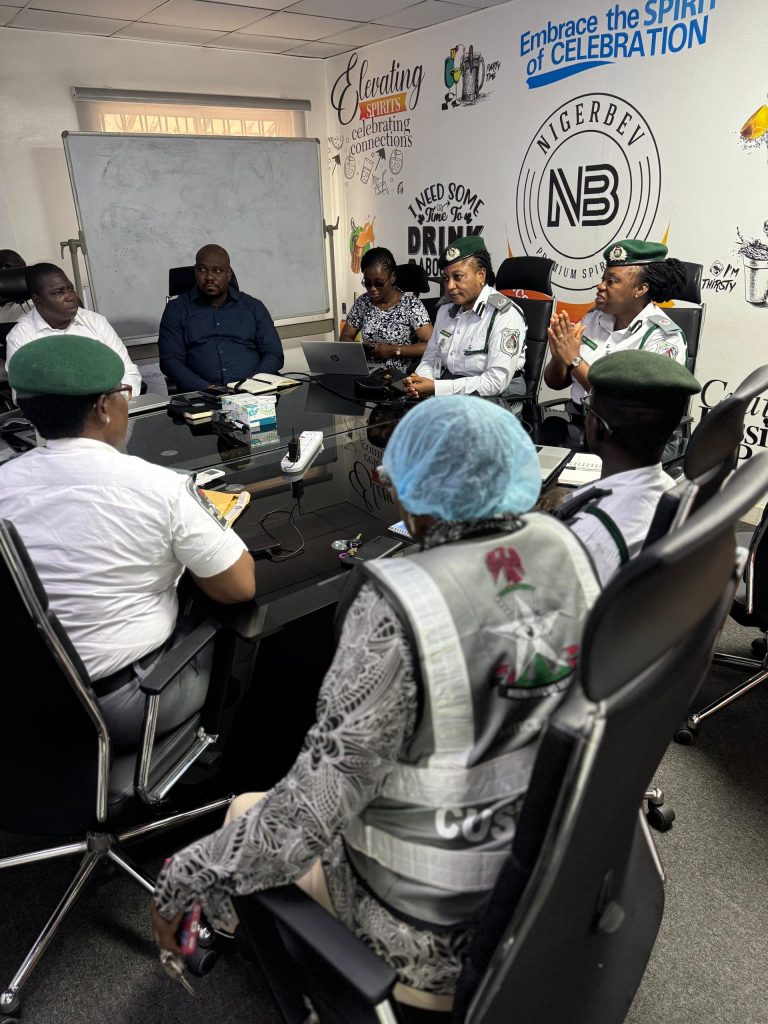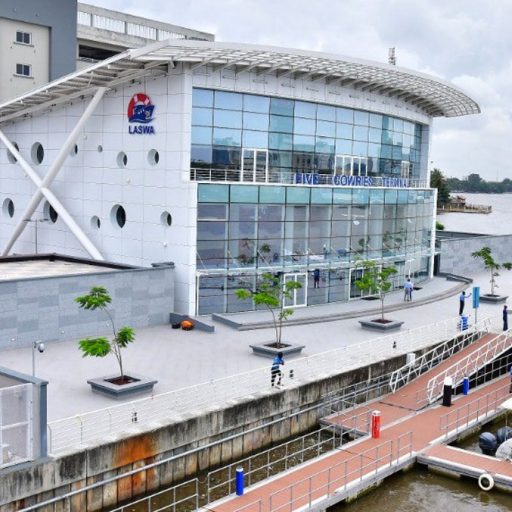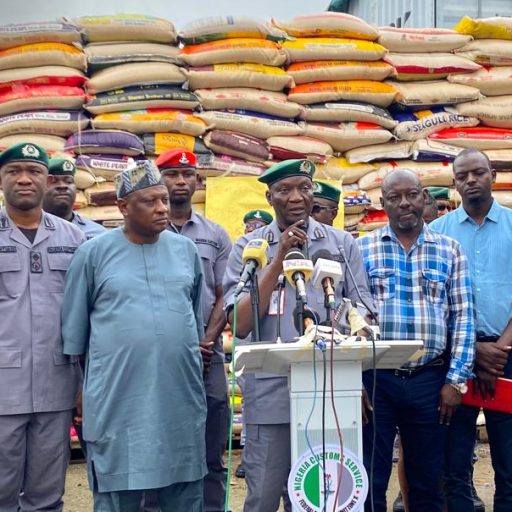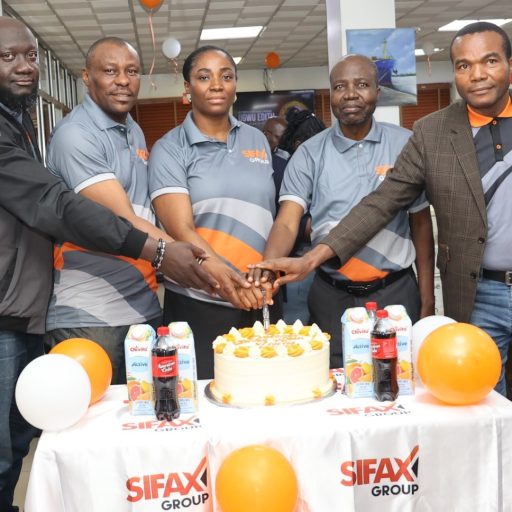The Nigeria Customs Service (NCS) has formally commenced the automation of its Excise Register System (ERS), marking a major step in its ongoing trade modernisation drive and efforts to strengthen excise administration across the country.

The Service announced that the ERS has officially gone live at three pilot factories: British American Tobacco Nigeria (BATN) Plc in Oyo State, International Tobacco Company (ITC) Limited in Kwara State, and Leaf Tobacco & Commodities Nigeria Ltd in Kaduna State. The facilities were selected for their strategic role in Nigeria’s excise sector and their capacity to serve as a foundation for the nationwide rollout.
According to NCS, the pilot phase conducted between July and August 2025 was used to validate the system through extensive field activities, including User Acceptance Testing (UAT), system integration, and training for Customs officers and factory personnel. The Service reported a 75 percent efficiency score during UAT at BATN and successful integration of production and reporting systems across the participating factories.
With the launch of live operations, all excise-related transactions in the pilot factories will now be processed exclusively through the ERS. The system will capture production figures, compute excise duties, and generate statutory reports, significantly reducing reliance on manual documentation and improving accuracy, transparency, and accountability across the excise value chain.
Customs said insights from the pilot phase will guide a nationwide deployment of the ERS, which will later extend to other excise-regulated industries, including beverages, spirits, and wider segments of the manufacturing sector.
The ERS is one of the flagship components of the Nigeria Customs Service’s broader Trade Modernisation Project, aimed at leveraging technology to simplify operations, enhance compliance, and improve government revenue.
The Service urged industry operators and stakeholders to embrace the reform, provide constructive feedback, and support the drive toward a more transparent and technology-driven excise regime that promotes efficiency and sustainable revenue growth.















Leave a Reply